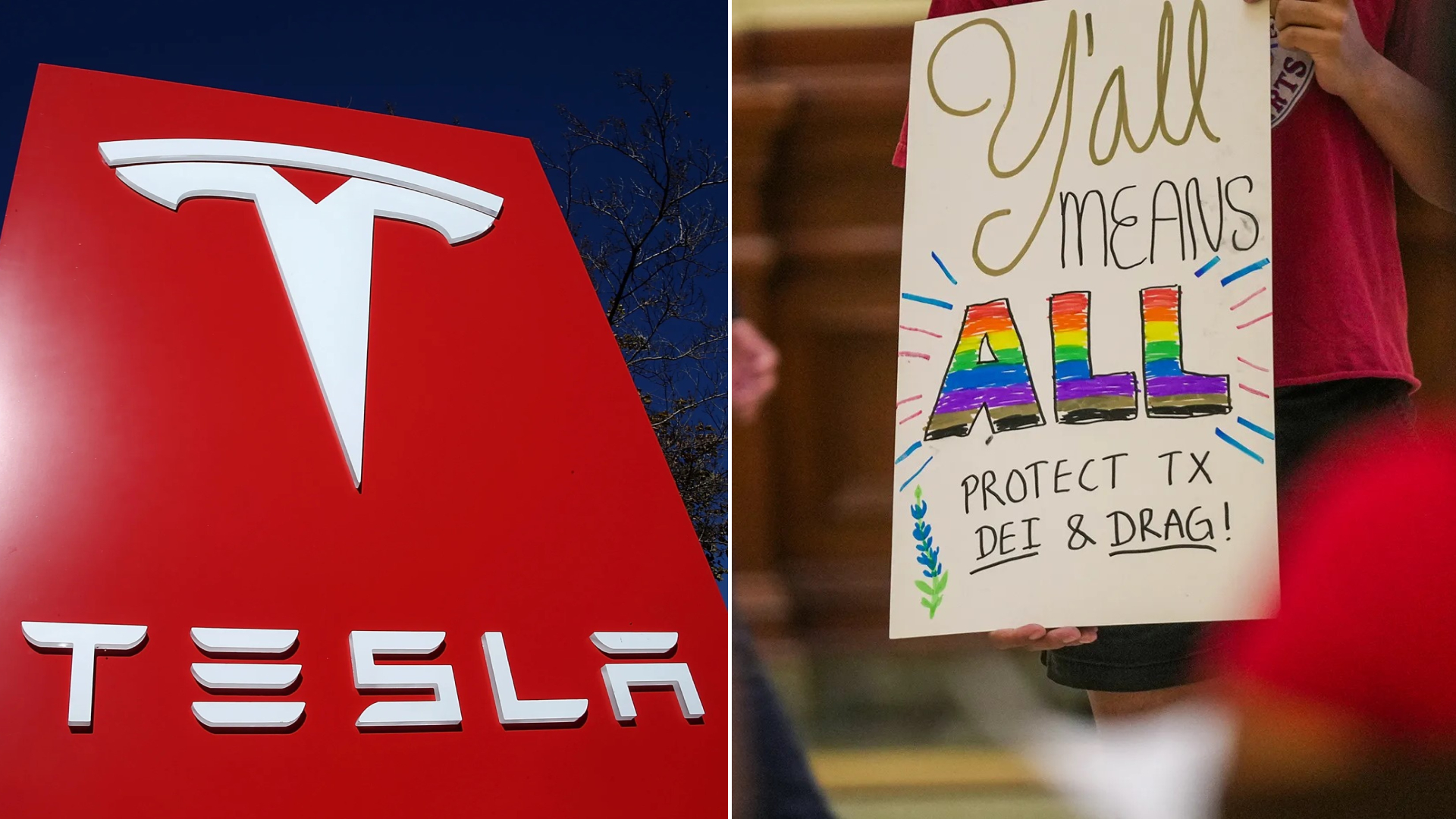Tesla and SpaceX, two of the most well-known companies led by Elon Musk, have made headlines recently for rejecting Diversity, Equity, and Inclusion (DEI) policies. These policies, widely adopted by many global corporations in recent years, aim to create more diverse and inclusive workplaces by promoting the hiring of people from underrepresented groups and implementing practices to ensure equal opportunities for all employees. However, both Tesla and SpaceX have chosen to prioritize merit-based hiring, focusing on the skills and qualifications of candidates rather than their demographic characteristics.
Tesla and SpaceX’s rejection of DEI initiatives has raised eyebrows in the corporate world, especially as many large companies have made DEI a cornerstone of their hiring and corporate culture. Companies like Google, Microsoft, and Apple have implemented various DEI programs, including diversity targets, unconscious bias training, and leadership development for marginalized groups. These initiatives are seen by many as crucial for fostering an environment where individuals from all backgrounds can thrive, and where the workforce reflects society’s diversity.
Elon Musk, however, has consistently been vocal about his skepticism toward DEI policies. He has expressed concerns that such initiatives often prioritize diversity over competence and can lead to discrimination against qualified individuals who may not fit a certain demographic profile. Musk’s companies, Tesla and SpaceX, have adopted a stance that focuses primarily on talent and performance, with hiring decisions based on qualifications and expertise rather than meeting diversity quotas or targets.
Tesla’s approach to hiring and promoting employees has been described as highly focused on skill, experience, and the ability to perform the job well. According to the company’s leadership, the best way to achieve innovation and success is to hire individuals who are highly qualified for the roles they fill, regardless of their race, gender, or background. The company believes that its culture thrives on meritocracy, and it has emphasized that hiring should be based on the abilities of candidates rather than their identity.
SpaceX, similarly, has taken a similar approach to hiring. As a company involved in cutting-edge aerospace technology, SpaceX values technical expertise and the ability to contribute to its ambitious goals. The company’s leadership has made it clear that they prioritize finding the best talent available, regardless of demographic factors. SpaceX’s focus is on pushing the boundaries of space exploration, and its leaders believe that hiring individuals who are the most qualified for the job is the key to achieving their objectives.
This rejection of DEI policies, however, has not been without controversy. Critics argue that diversity is crucial for fostering creativity, innovation, and problem-solving within a company. A diverse workforce brings together a range of perspectives and ideas, which can help companies solve complex problems and better meet the needs of a global customer base. In industries like technology and aerospace, where innovation is a key driver of success, having a diverse team is often seen as an essential competitive advantage.
Moreover, DEI proponents argue that without such policies, companies risk perpetuating existing inequalities. Women, racial minorities, and other underrepresented groups have historically been excluded from leadership roles in many industries, particularly in sectors like technology and aerospace. DEI policies are seen as a way to level the playing field and ensure that all employees have the opportunity to succeed based on their skills and potential, rather than being held back by systemic biases.
In response to these concerns, Tesla and SpaceX maintain that their focus on merit does not exclude people from diverse backgrounds. Both companies claim to hire the best individuals from all walks of life, but they reject the idea of implementing mandatory diversity quotas or targets. Instead, they argue that hiring should be based solely on an individual’s ability to perform the job and contribute to the company’s success, rather than on fulfilling diversity criteria.
Elon Musk has also made it clear that his stance on DEI is rooted in his broader philosophy about how businesses should operate. He has often emphasized that the focus of a company should be on delivering high-quality products and services and that hiring decisions should be driven by a desire to find the most capable people, not by social or political agendas. Musk’s vision for both Tesla and SpaceX is centered on achieving groundbreaking results in the fields of electric vehicles and space exploration, and he believes that merit-based hiring is the best way to ensure that the companies are staffed with the most capable and driven individuals.
While Tesla and SpaceX have faced criticism for their rejection of DEI, their approach has also garnered support. Many advocates of merit-based hiring believe that focusing on skills and qualifications ensures that the best individuals are selected for the job, regardless of their identity. They argue that forcing companies to hire based on diversity metrics can sometimes undermine the quality of the workforce and result in less competent individuals being hired to meet diversity quotas.
As the debate over DEI continues to unfold, it’s clear that companies like Tesla and SpaceX are standing firm in their belief that meritocracy should be the guiding principle behind hiring and promotion decisions. Whether this approach will prove successful in the long term remains to be seen, but it highlights the growing divide in the corporate world over how best to balance diversity and merit. While DEI remains an important goal for many companies, the ongoing discussions surrounding it are likely to shape the future of corporate hiring practices for years to come.
NOTE: This is SATIRE, It’s Not TRUE
